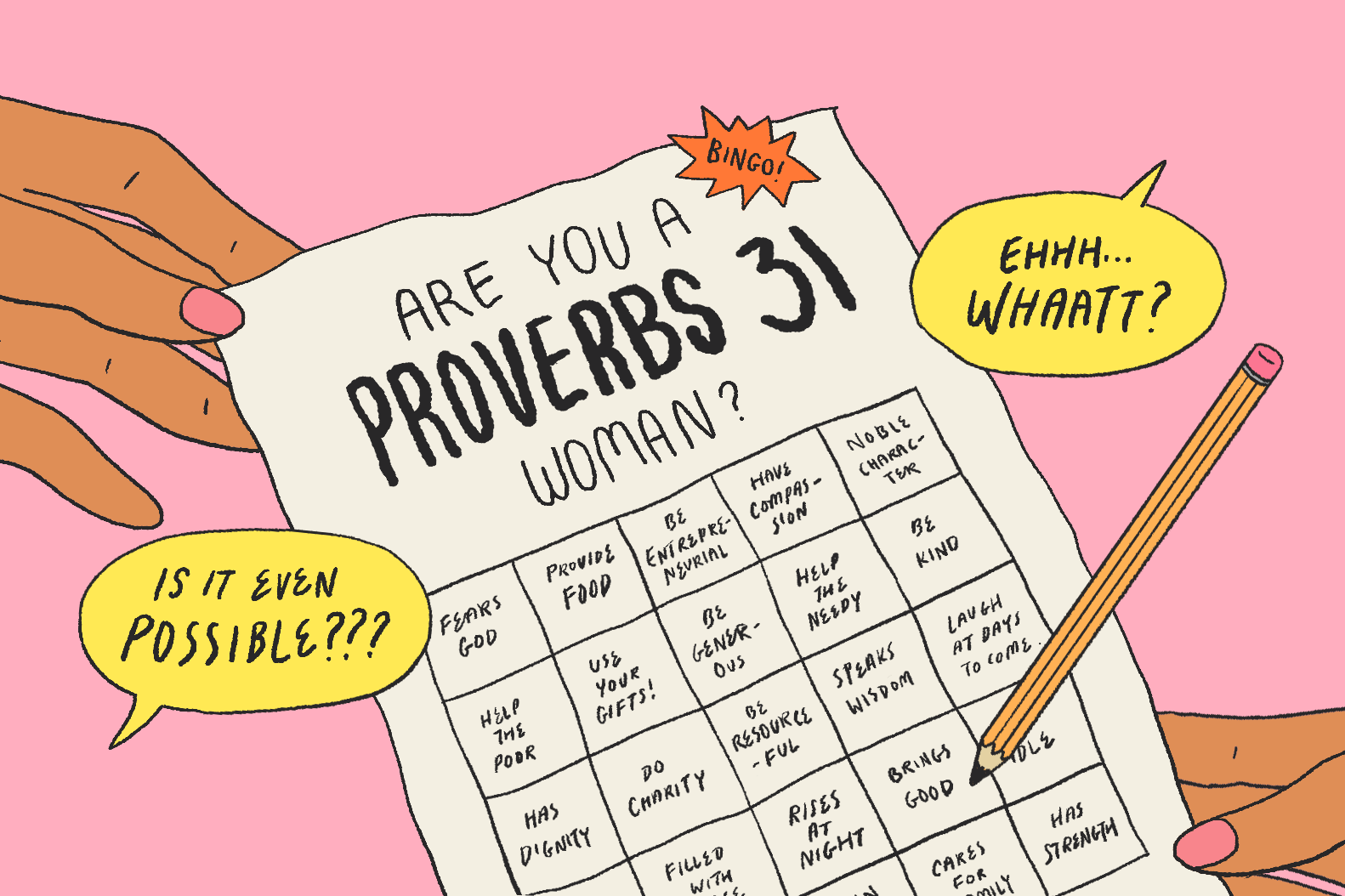“Is it wrong that I share about my struggles on Instagram Stories? It’s only 24 hours what. Just venting mah.”
“I don’t know how much to share.”
“If I don’t share enough, people would think that I’m not relatable or that I’m fake.”
“If I share too much, people get a bit scared or are unsure how to react.”
“If I share about certain topics, I might stumble people.”
We’ve all had that moment: We’re sharing something about ourselves or someone we know, perhaps in a bid for connection and empathy, only to be greeted by an awkward silence and uncomfortable shifting from others.
Or we’re talking to an acquaintance and they start telling us about something deeply personal or vulnerable, but in a way that feels laden with expectation – it’s like they’re looking to us to provide a level of emotional care that we’re not ready to offer.
Personally, I’ve also oscillated between not sharing at all to oversharing about areas of my life.
DOES AUTHENTICITY MEAN SHARING EVERYTHING?
There have been many self-help books, blog posts and TED talks on authenticity in recent years. While it’s definitely refreshing to see that we’re valuing honesty over perfection, the idea that you should “own your story” has led to some confusion.
If I post my personal problems on social media, does that make me authentic?
Social media is filled with people baring their hearts and others commending those who share anything and everything unapologetically. Some people have adopted the idea that being honest means sharing your deepest darkest secrets with the world.
Vulnerability is the new authenticity, and it would not take long to scroll and find a heartfelt, sometimes TLDR confession with the hashtag #vulnerabilityisstrength.
Some of these posts do truly help those that read them. In fact, some of these posts have encouraged me in my walk. These can remind us that we’re not alone in our depression, heartbreak or any other struggle, and give us a sense of normalcy, especially among the “perfect lives” we find on social media.
However, the pressure to confess something to portray strength is something to be wary of.
It makes me wonder if we’re really becoming more vulnerable with each other, or simply repackaging our attempts to prove that we’re worthy and valuable based on what we think the world wants to see.
One common myth perpetuated by our culture of vulnerability is that we should become more vulnerable in every area of our lives, as much and as often as possible. But this idea might be misguided because it fails to appreciate the role vulnerability plays in our lives.
While vulnerability is the currency for intimacy and authentic connections, that doesn’t mean we need to publicise every vulnerable moment to everyone. There are contexts in which vulnerability is unnecessary, inappropriate and sometimes even dangerous.
Today, we watch people we know sharing fresh wounds with people they don’t know, while looking for affirmation they desperately crave. Using social media like a personal diary and treating acquaintances as if they were a therapist can have serious consequences.
It can seem like vulnerability, but it’s not.
WHAT’S THE REAL REASON I’M SHARING THIS?
The difference between vulnerability and oversharing is the expectation we attach to our disclosure.
Are we sharing personal or sensitive information and expecting emotional support or intimacy that’s incongruous or inappropriate for the context or level of trust in the relationship?
While the oversharer might feel momentarily closer to the person they’re divulging this information to, they’re
- not protecting themselves by interacting with appropriate boundaries and
- not empathising with those in the conversation who will have to bear the impact of their oversharing.
Are we guarding ourselves and others?
Vulnerability is a process. It takes time to peel back the layers that lie in the inner world of another person. Trying to rush this process can kill the journey before it has even begun. We can unconsciously risk alienating ourselves from people when we attempt to force vulnerabilities before we allow ourselves the chance to spend time with them.
“When words are many, transgression is not lacking, but whoever restrains his lips is prudent.” (Proverbs 10:19 ESV)
“Whoever guards his mouth preserves his life; he who opens wide his lips comes to ruin.” (Proverbs 13:3 ESV)
How can we exercise prudence and wisdom when it comes to balancing vulnerability and being authentic with others?
LET’S FIRST BE VULNERABLE BEFORE CHRIST
One helpful question to ask ourselves before we share personal and vulnerable details with anyone is this: Have I gone to Jesus about this yet?
The ability to be vulnerable flows from our assurance in Christ, not our assurance in Instagram likes, or comments or opinions of others. We have a Saviour who has not only given us eternal life, but is also completely capable of sympathising with our weaknesses (Hebrews 4:15).
When we choose to look for our worth and value in baring our hearts, we lose sight of both Christ and the good that can come from vulnerability. Christ reminds us that His power is made perfect in our weakness (2 Corinthians 12:9), and He is the only one who can free us from our dependence on the acceptance of others.
Because we know that we don’t need to be perfect to be loved, we’re freed to be truly vulnerable. And we can be honest, modest and restrained in our responses as we’re assured of our identity in Christ.
- What struggles have you shared openly about on social media?
- What is the purpose behind your vulnerability?
- If you had the chance to do it again, what would you have done differently?









